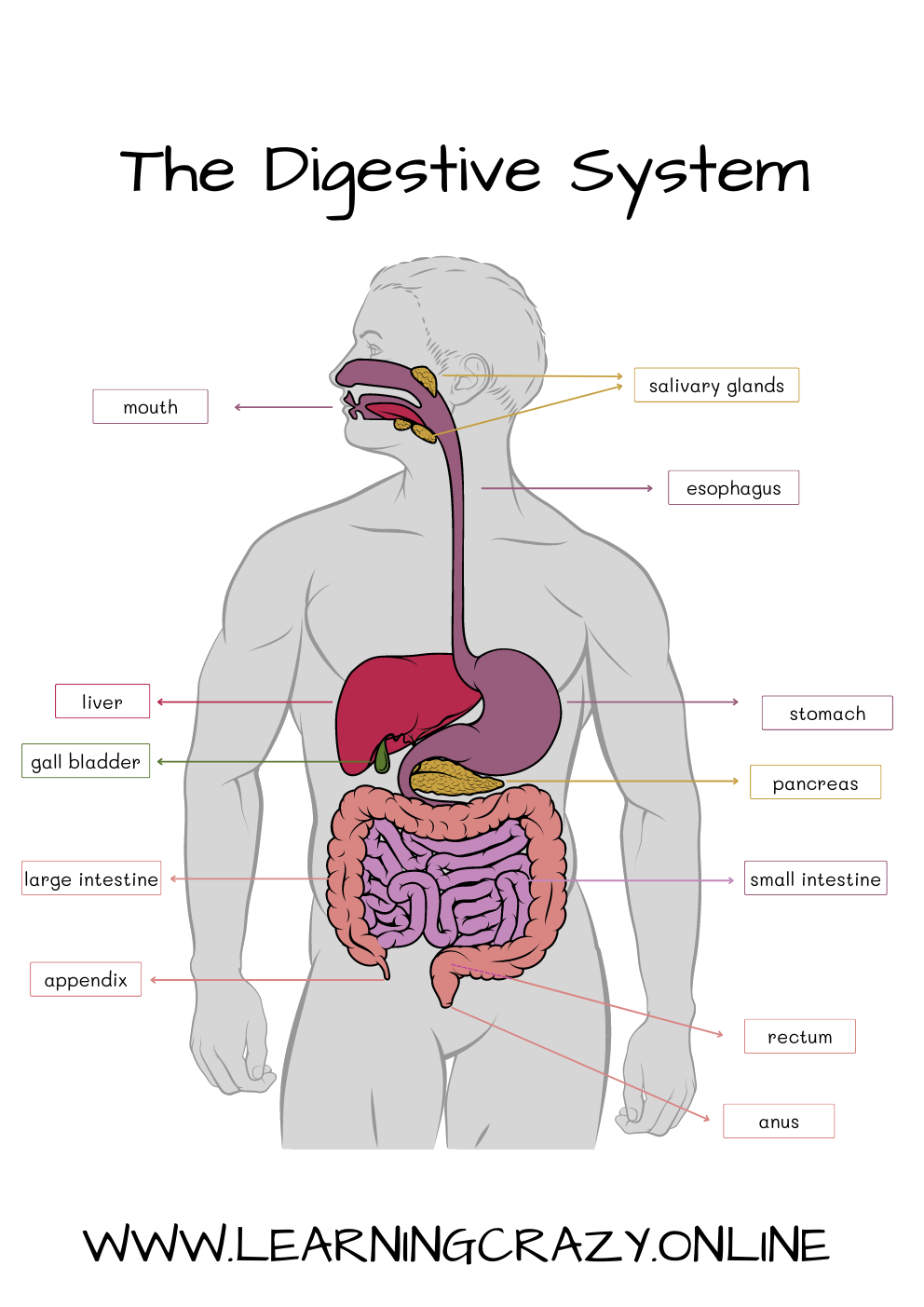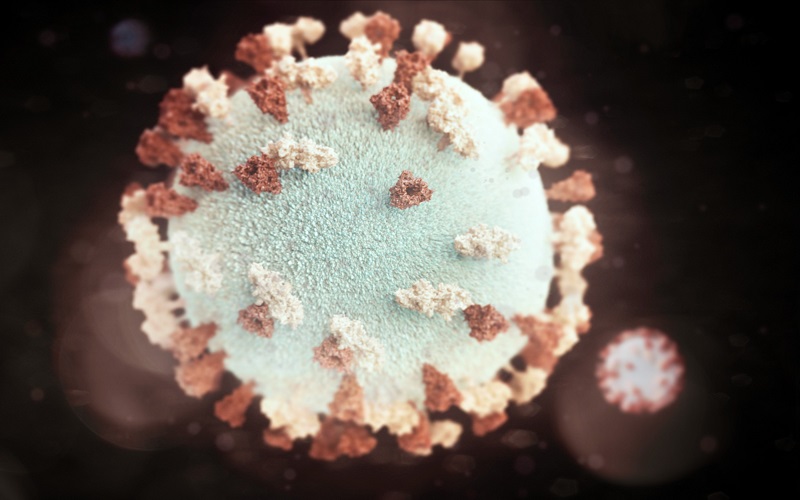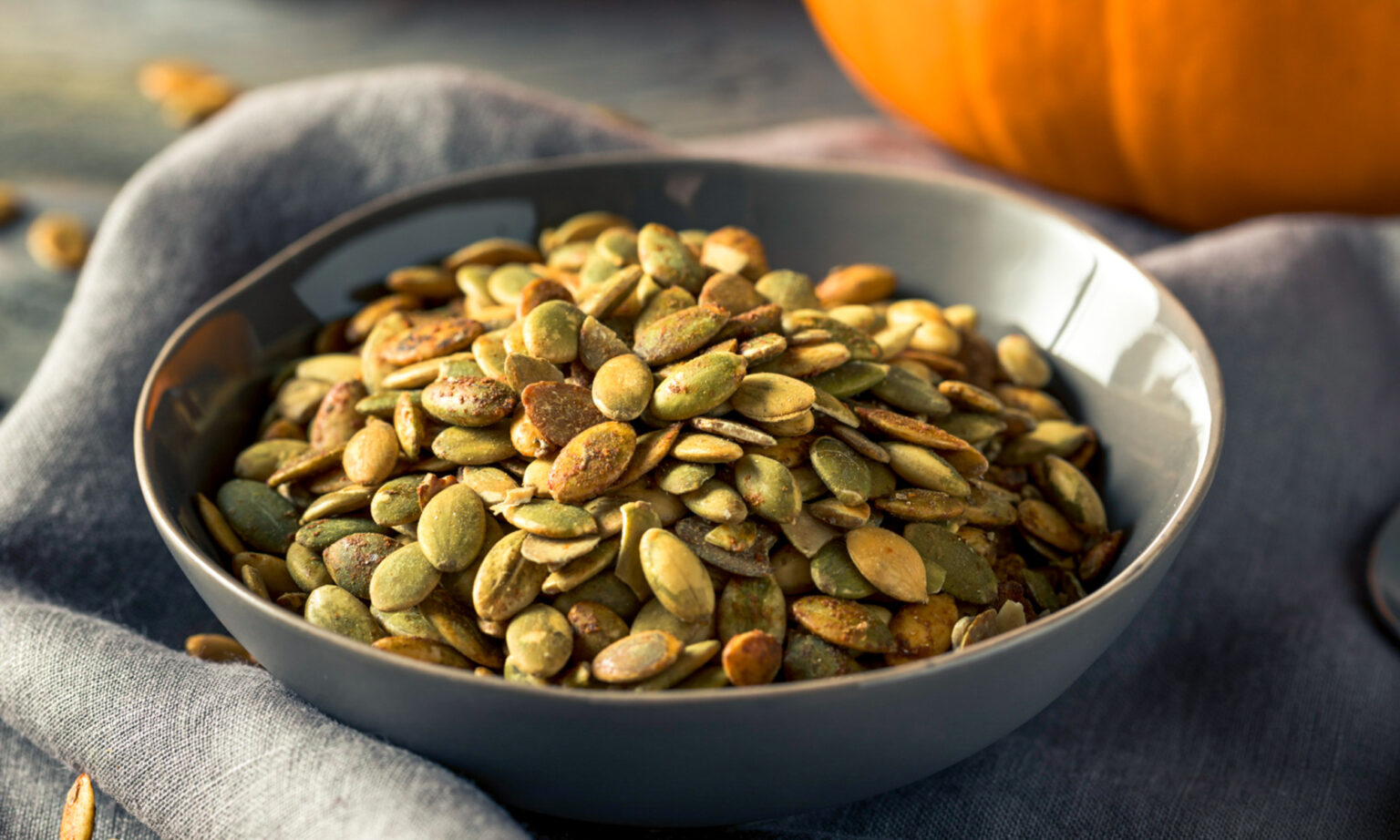The human body is a marvel of complexity, and one of its most vital systems is the digestive system. Responsible for breaking down the food we eat into nutrients that our body can utilize, the human digestive system ensures we get the energy and sustenance needed for daily living. In this blog, we will take you on a fascinating journey through the various stages of digestion, common digestive disorders, and essential tips for maintaining a healthy gut.
The Mouth: Where It All Begins
The journey of digestion commences in the mouth, where the mechanical and chemical processes set the stage for the rest of the digestive system. As we take a bite of food, chewing begins, breaking it into smaller pieces and mixing it with saliva. Saliva contains enzymes, like amylase, that start breaking down starches into simpler sugars. The tongue then forms a small ball of food, called a bolus, which is pushed to the back of the mouth for swallowing.
The Esophagus: A Transit Tube
Once the bolus is swallowed, it enters the esophagus, a muscular tube that connects the mouth to the stomach. Through rhythmic contractions known as peristalsis, the esophagus propels the bolus downward, ensuring it reaches the stomach safely. Gravity plays a role in this process, but even if you’re standing on your head, peristalsis will still get the food where it needs to go!
The Stomach: Acidic and Powerful
When the bolus reaches the stomach, it encounters a highly acidic environment. The stomach lining secretes gastric juices, including hydrochloric acid and pepsin, which work together to break down proteins into smaller amino acids. This powerful mix also helps to kill harmful bacteria that may have been ingested with the food. The result of these processes is a semi-liquid mixture called chyme.
The Small Intestine: The Absorption Hub
From the stomach, chyme moves into the small intestine, the longest part of the digestive tract. Here, the majority of nutrient absorption occurs. The pancreas releases digestive enzymes into the small intestine to break down carbohydrates, proteins, and fats further. Additionally, the liver contributes to digestion by producing bile, which emulsifies fats and aids in their absorption.
The Large Intestine: Absorbing Water and Forming Feces
As the chyme moves through the large intestine, water and minerals are absorbed, transforming it from a liquid to a more solid form. The remaining indigestible waste forms feces, which is stored in the rectum until it is ready to be eliminated from the body through the anus.
The Gut Microbiome: An Ecosystem Within
The digestive system is not alone in its task; it is home to trillions of beneficial bacteria collectively known as the gut microbiome. This diverse ecosystem plays a vital role in digestion, immune function, and even mental health. Probiotics and prebiotics, found in certain foods and supplements, can help maintain a healthy balance of gut bacteria.
Common Digestive Disorders
The digestive system, like any complex system, is susceptible to disorders. Some common digestive issues include:
- Gastroesophageal Reflux Disease (GERD): A chronic condition where stomach acid flows back into the esophagus, causing heartburn and irritation.
- Irritable Bowel Syndrome (IBS): A functional disorder characterized by abdominal pain, bloating, and changes in bowel habits.
- Inflammatory Bowel Disease (IBD): An autoimmune condition that includes Crohn’s disease and ulcerative colitis, causing inflammation in the digestive tract.
- Gallstones: Hardened deposits that form in the gallbladder, potentially leading to painful blockages.
Tips for a Healthy Digestive System
Maintaining a healthy digestive system is crucial for overall well-being. Here are some practical tips to support your digestive health:
- Eat a Balanced Diet: Consume a variety of foods, including fruits, vegetables, whole grains, lean proteins, and healthy fats, to ensure your body receives essential nutrients.
- Stay Hydrated: Drink plenty of water throughout the day to aid digestion and prevent constipation.
- Chew Your Food Thoroughly: Chewing food thoroughly promotes better digestion and nutrient absorption.
- Exercise Regularly: Physical activity helps keep the digestive system running smoothly and can alleviate constipation.
- Manage Stress: Chronic stress can negatively impact digestion. Practice relaxation techniques like meditation or yoga to reduce stress levels.
- Limit Trigger Foods: If certain foods trigger digestive discomfort, consider reducing their intake or eliminating them from your diet.
FAQs
Q: How long does food take to pass through the entire digestive system? A: On average, it takes about 24 to 72 hours for food to complete its journey through the entire digestive system.
Q: Can stress affect digestion? A: Yes, chronic stress can lead to digestive issues such as indigestion, bloating, and changes in bowel habits.
Q: What are probiotics and how do they benefit digestion? A: Probiotics are beneficial bacteria that support a healthy gut microbiome, aiding in digestion and immune function.
Q: Is heartburn the same as acid reflux? A: Heartburn is a symptom of acid reflux, where stomach acid flows back into the esophagus, causing a burning sensation.
Q: Can dietary changes help improve digestive problems? A: Yes, making dietary adjustments, such as consuming more fiber or avoiding trigger foods, can alleviate digestive issues.
Q: How does the gut microbiome impact mental health? A: The gut-brain axis connects the gut and the brain, and imbalances in the gut microbiome may influence mental health conditions.
Conclusion
In conclusion, the human digestive system is an intricate and fascinating process that ensures our bodies receive the essential nutrients needed for optimal health and well-being. From the moment we take a bite of food, a series of mechanical and chemical actions are set into motion, guiding the food through the mouth, esophagus, stomach, small intestine, and large intestine. Along the way, the gut microbiome, a diverse ecosystem of beneficial bacteria, plays a crucial role in supporting digestion and overall health.
Learning about the human digestive system empowers us to make informed choices about our diet and lifestyle. By following simple yet effective tips, such as eating a balanced diet, staying hydrated, and managing stress, we can support our digestive health and enhance the efficiency of this vital system.
For those eager to delve deeper into the wonders of the human body, Learning Crazy is an excellent resource. Our website provides comprehensive and engaging articles on various aspects of the human body, including the digestive system. Whether you’re a student, a health enthusiast, or simply curious about the inner workings of your body, Learning Crazy offers valuable insights and knowledge to satisfy your curiosity.
Remember, a healthy digestive system is the foundation of overall well-being. Treat your body with care, nourish it with wholesome foods, and embark on a journey of learning with Learning Crazy to unravel the mysteries of the human body.



